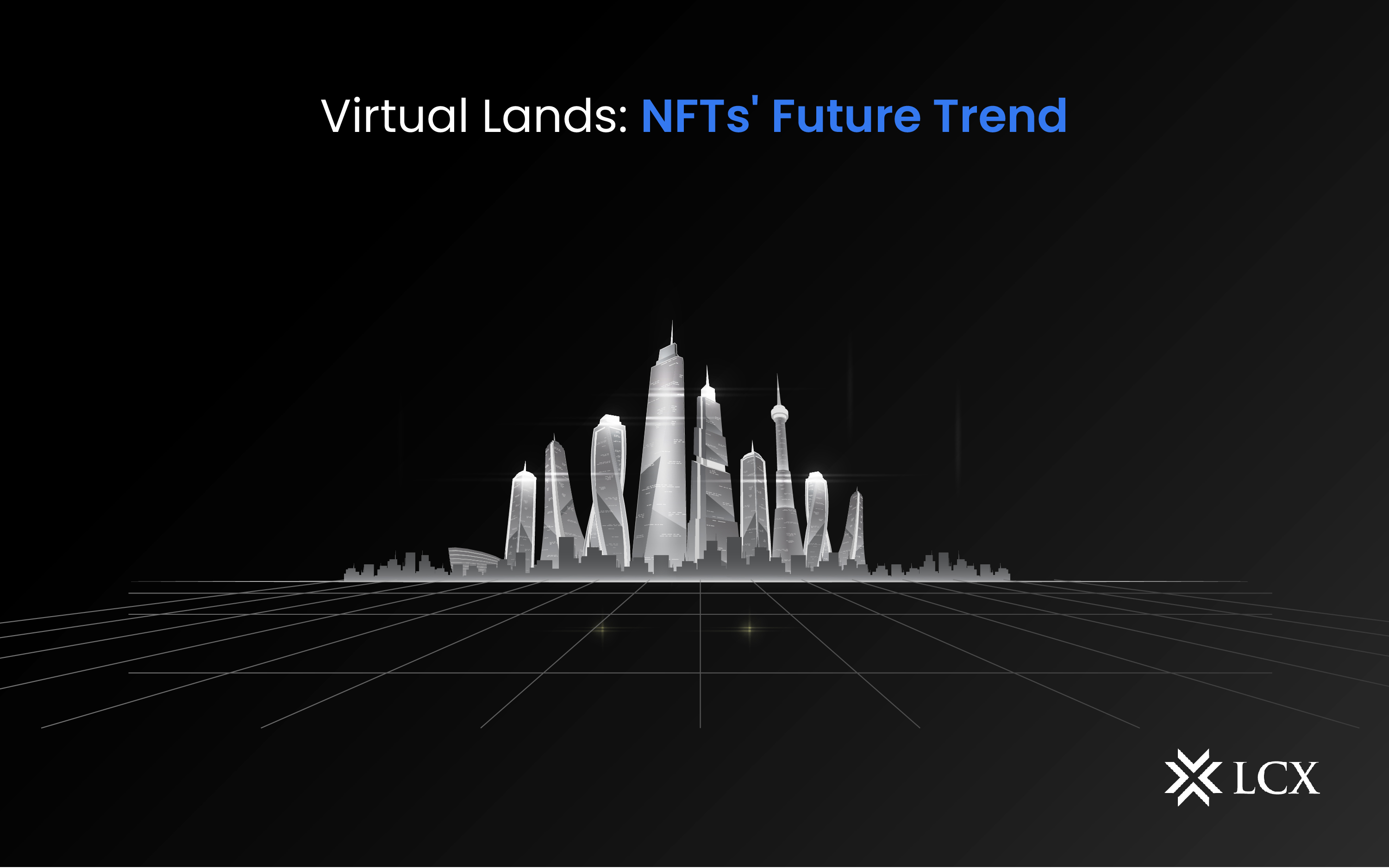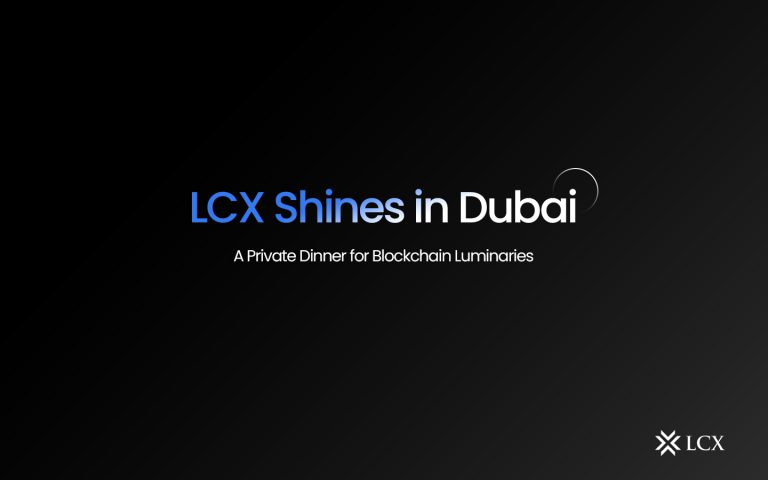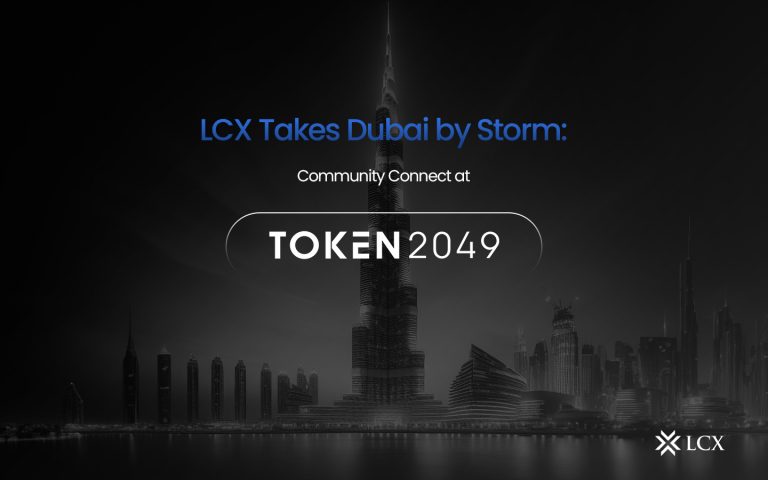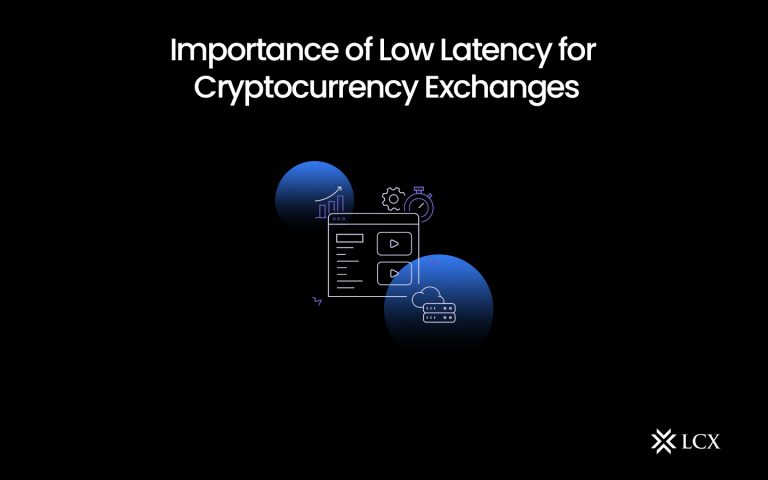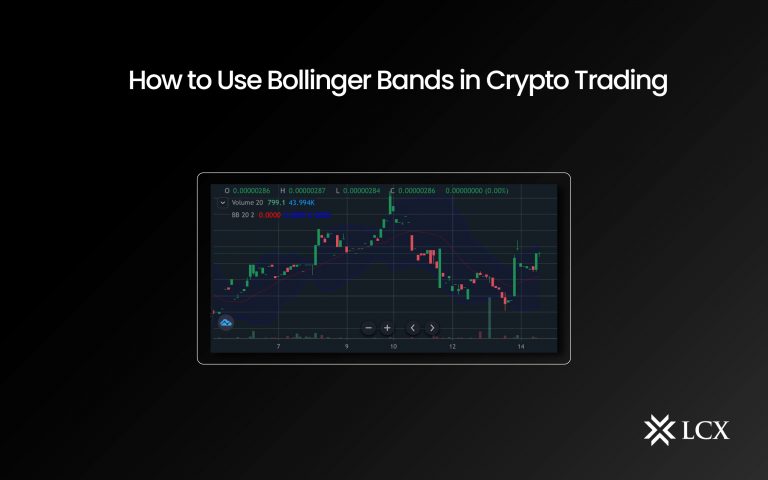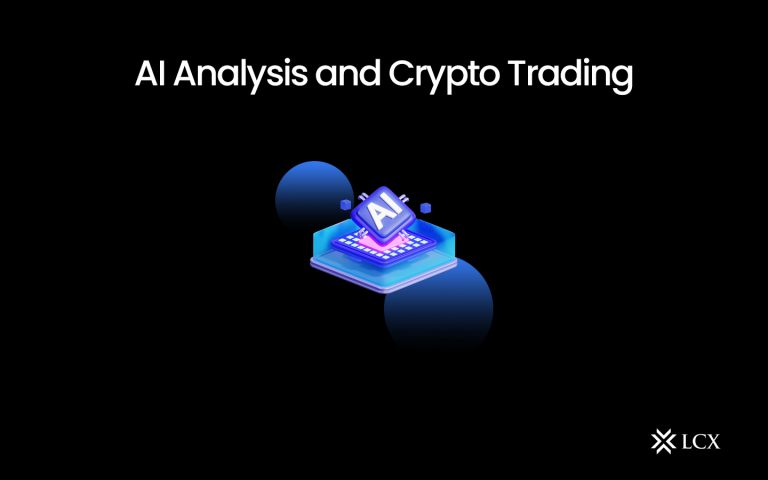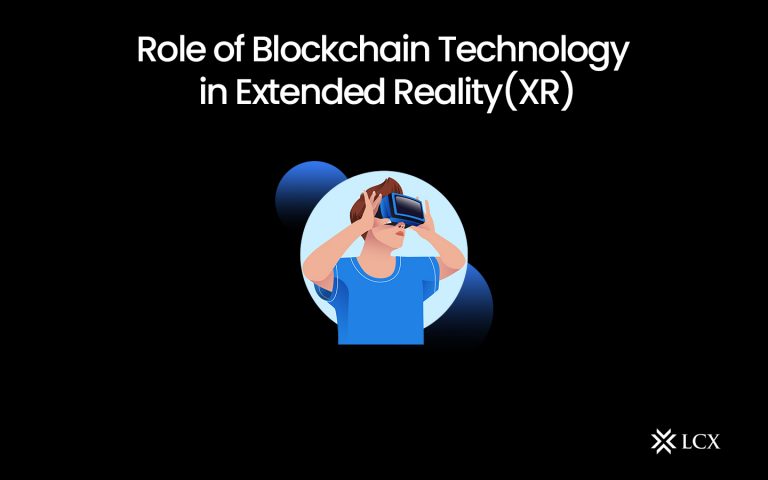NFTs significance has transformed the universe of digital ownership by enabling producers to commercialize their digital goods in previously unimaginable ways. These digital tokens have inherent worth, with Twitter founder Jack Dorsey’s first tweet being sold for $2.9 million as an NFT. While NFTs have always been connected with art and collectibles, a new trend involving NFT virtual lands is growing. These territories exist within the metaverse and have the possibility of changing the manner in which we engage with digital assets.
What Are NFT Virtual Lands?
In essence, NFT virtual lands are digital land holdings that reside within the metaverse. These lands can be acquired, sold, and traded identically to other non-fungible tokens. Yet they also have a tangible presence within the metaverse, allowing owners to construct and develop their land as they would in reality.
Virtual land can be as simple as a 2D pixelated landscape, as conceptual as a white or black 3D box space, or as complex as a 3D area populated with oceans, mountains, and everything else imaginable. These virtual areas reside within the metaverse, a broader ecology. The metaverse is essentially a parallel virtual world to the physical world. It is a location where individuals may engage in real-time communication with each other and digital assets.
Yet as the internet becomes an increasingly vital component of modern life, digital ownership has also grown in importance. Properties such as virtual land can serve as digital status symbols, meeting locations for friends from around the world, and creative hubs. The possibilities are infinite.
How Will NFTs Be an Essential Tool for Virtual Lands?
From the viewpoint of the NFT, metaverse land has multiple applications. Gaming is among the most obvious. Several games play out in virtual worlds, and ownership of a plot of land within one of these worlds can provide players with a unique opportunity to customize their gaming experience.
Another potential use case is the virtual development of real estate. Similar to the real world, ownership of land in the metaverse grants the owner the ability to develop the land into something more significant. A landowner could, for instance, construct a virtual storefront on their property and sell virtual goods and other digital assets to other players within the metaverse.
Virtual gatherings are an additional application of NFT virtual lands. Due to the increase in virtual events caused by the COVID-19 outbreak, owning a piece of property within the metaverse can provide event organizers with a unique opportunity to provide attendees with immersive experiences. A music festival, for instance, may be staged within the metaverse, with separate stages built on different parcels of land controlled by different NFT holders.
The Future of NFT Virtual Lands
Exciting times are ahead for NFT virtual lands. As the metaverse continues to evolve, the value of NFT virtual lands will also increase. Already, we are witnessing extraordinary sales of NFT lands, with some parcels fetching millions of dollars.
The building of virtual cities is a potential future for NFT’s virtual land. As in the real world, virtual cities might consist of discrete parcels of land held by various NFT holders. These cities might be developed and constructed in ways that are not feasible in the real world, presenting new chances for creativity and innovation.
The creation of virtual marketplaces is another possible future for NFT virtual lands. These marketplaces might be used to buy and sell virtual goods, with different holders of NFTs having distinct shops. This could open a new path for e-commerce and threaten to displace established e-commerce platforms.
Lastly, NFT virtual lands may also have substantial ramifications for real estate ownership. When the value of virtual property rises, it is feasible that NFT virtual lands will become a recognized form of property ownership, similar to how physical property is currently possessed. This may have important legal and regulatory repercussions, and it will be fascinating to see how governments and legal systems react to this new kind of ownership.
Conclusion
NFT virtual lands represent an interesting new development within the NFT industry. They have the potential to alter our interactions with digital assets and establish totally new markets and ecosystems. As the metaverse continues to expand, it is possible that NFT virtual lands will become more valuable, creating opportunities for innovation, investment, and creativity. It will be interesting.
